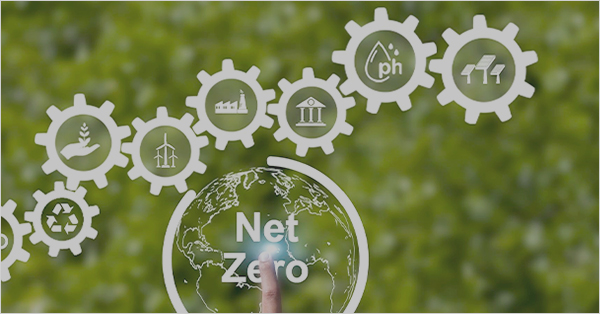COP 28 Blog Series – Number 1 | Finance as a Means to Achieve the Paris Agreement and Sustainable Development Goals

A few days from the start of the Conference of the Parties (COP28), to the United Nations Framework Convention on Climate Change (UNFCCC), and with regard to progress towards meeting the goals of the Paris Agreement, at least two main issues need to be examined.
The first is that, according to the IPCC Synthesis Report, financial flows are not sufficient to meet the 2030 climate goals in all sectors and regions. In this context, the current limitations of the international financial system to play the crucial role assigned to it must be considered; a role that has been evolving and becoming more complex over the decades since its creation in its modern format and structure almost 80 years ago.
Therefore, a reform of the international financial architecture has been proposed and is currently under discussion. In this sense, it is necessary to clarify the processes needed to solve the existing difficulties, aimed at consolidating an appropriate and efficient international financial system, which will make it possible to respond to the needs of the key players in the transformation towards carbon neutrality.
To this end, it is essential to study in depth the nature of the main barriers that hinder progress towards the institutional forms proposed for adoption and to determine the most suitable mechanisms for removing, attenuating or alleviating these barriers, dismantling them without causing serious institutional ruptures or unnecessary conflicts.
It is also necessary to analyze as thoroughly as possible the nature of current financing needs, with special emphasis on issues related to climate finance, but also with regard to the provision of resources to advance towards sustainable development and the preservation of biodiversity; and, to the extent possible, to quantify precisely those same needs in each of the relevant dimensions.
In this regard, an international research work program should be launched immediately, under the auspices of the United Nations, with the participation of experts from all regions, including especially representatives from the South, more specifically from all developing countries. The purpose of the work program should be to develop reform proposals that consider options for addressing the main needs, the best available instruments, possible financing mechanisms and recommendations for the most appropriate institutional structures to create an efficient and equitable system that considers a governance architecture that does not reproduce the asymmetries and multiple pre-existing imbalances that have persisted or even worsened over time, in a context of increasingly accelerated change.
With an appropriate strategy, it is therefore possible to foresee that the reform to be implemented will enable the multilateral development banks to play their fundamental role in the process of a just transition.
The second issue is that of the global stocktake, which, together with the climate finance target, are two relevant milestones for implementing the aforementioned reforms and accelerating the transition process and achieving the goals of the Paris Agreement. We will discuss the global stocktake in more detail in the next number of this series.



